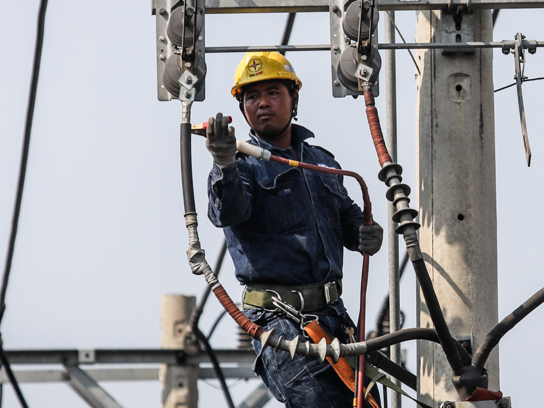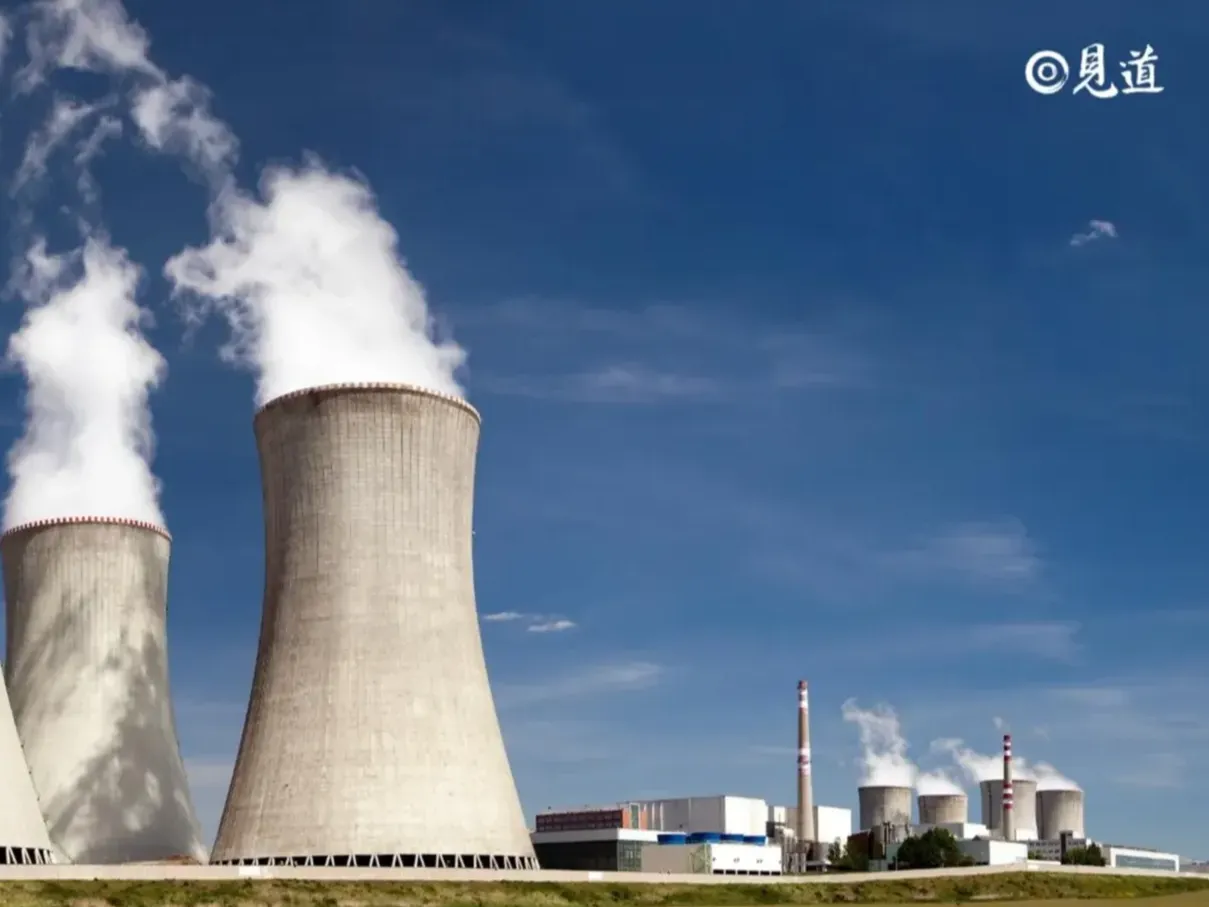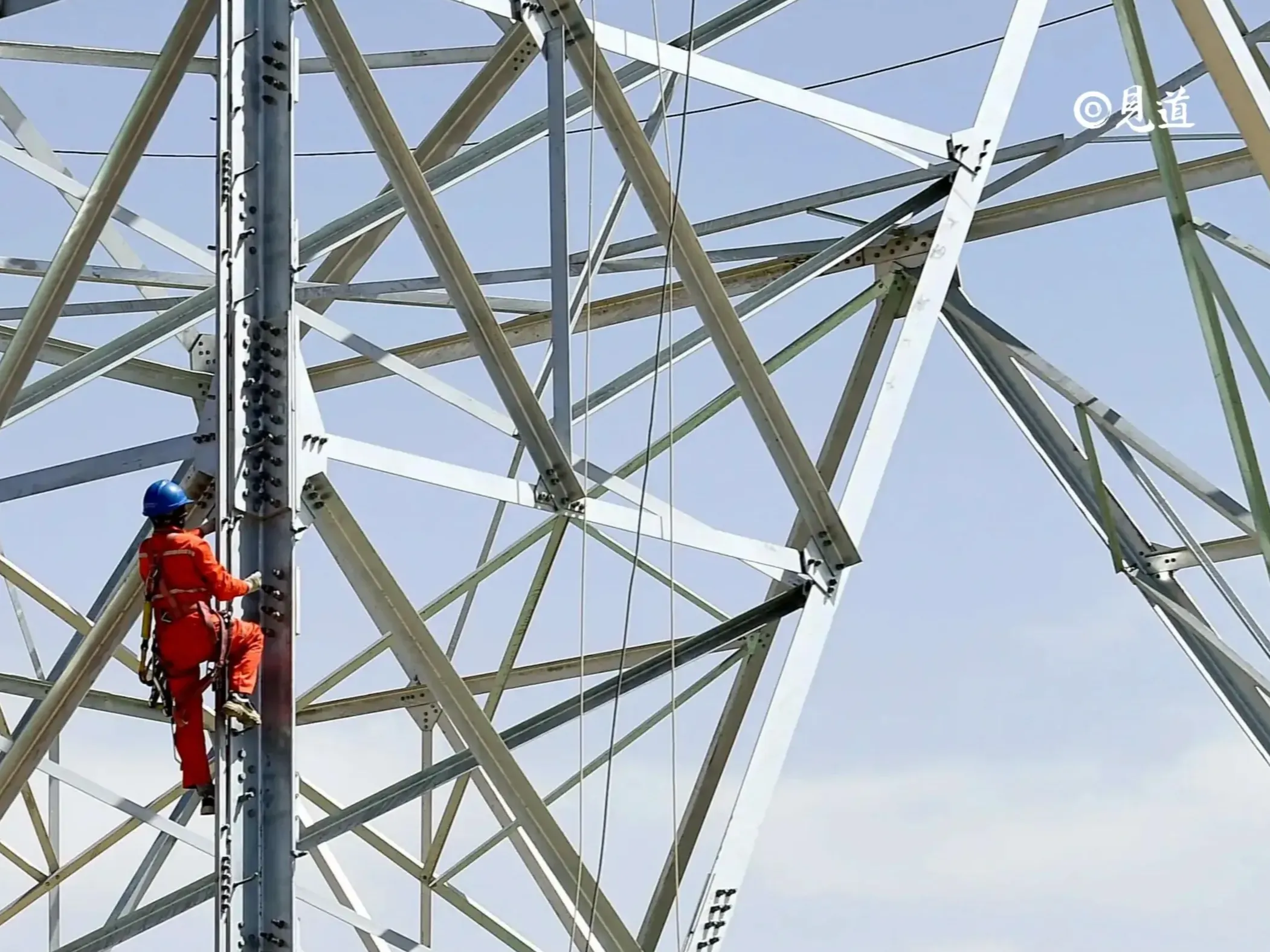- Vietnam’s current dilemma is the oversupply of renewable energy, but the limited transmission capacity cannot be completely absorbed

The rapid social and economic development has led to a huge increase in power consumption. With the sharp increase in power demand, Vietnam plans to reduce coal-fired power generation by 6% in 2021 to give priority to the development of solar and wind energy, although Vietnam is trying to solve the problem of limited power transmission capacity. This means a reduction of 8 billion kWh from the estimated 126 billion kWh of coal-fired power generation in 2021. The national utility power company Vietnam Electricity Company (EVN) estimates that the total power generation from all sources is 260 billion kilowatt-hours.
In the first April of 2021, Vietnam also suspended the capacity of about 8,000 megawatts of hydroelectric power plants from 11 am to 12 pm daily to give priority to the use of solar power. However, reducing the capacity of coal-fired and hydroelectric power plants also has a certain degree of impact. For example, the frequency of turbine restarts increases, and the risk of system failure also increases. The number of restarts caused by oversupply in 2020 has soared 2.6 times compared with 2019, reaching 192. In the first four months of 2021 alone, there were 334 restarts.
Through these cuts, EVN seeks to prioritize the absorption of solar and wind energy, and also hopes to further increase renewable energy production capacity. Solar and wind power generation will reach 20,000 megawatts in 2021, accounting for 30% of the total supply. However, due to the limited capacity of the transmission system, renewable energy only accounts for 12% of the total output. It is expected that this number will rise to 17% in the next five years. The rest of the electricity supply will come from traditional sources, such as thermal power and hydropower.
EVN said earlier that it would also cut 15% to 20% of solar and wind power generation capacity to reduce the pressure on the national grid. Nguyen Duc Ninh, director of the EVN National Load Dispatch Center, said at the meeting on Tuesday: "Reducing renewable energy is undesirable for EVN because it hurts developers."
After entering the fast lane of development, Vietnam is facing a shortage of power supply. Experts say that Vietnam’s current dilemma is the oversupply of renewable energy, but the limited transmission capacity cannot be completely absorbed, which is caused by poor management and planning. Tran Dinh Long, vice chairman of the Vietnam Electrical Engineering Association (VEEA), said that the vigorous development of solar energy in recent years shows that people lack expectations for the burden on the national power grid from renewable energy sources such as solar energy. Editor/Sang Xiaomei
Comment
 Praise
Praise
 Collect
Collect
 Comment
Comment
 Search
Search














Write something~